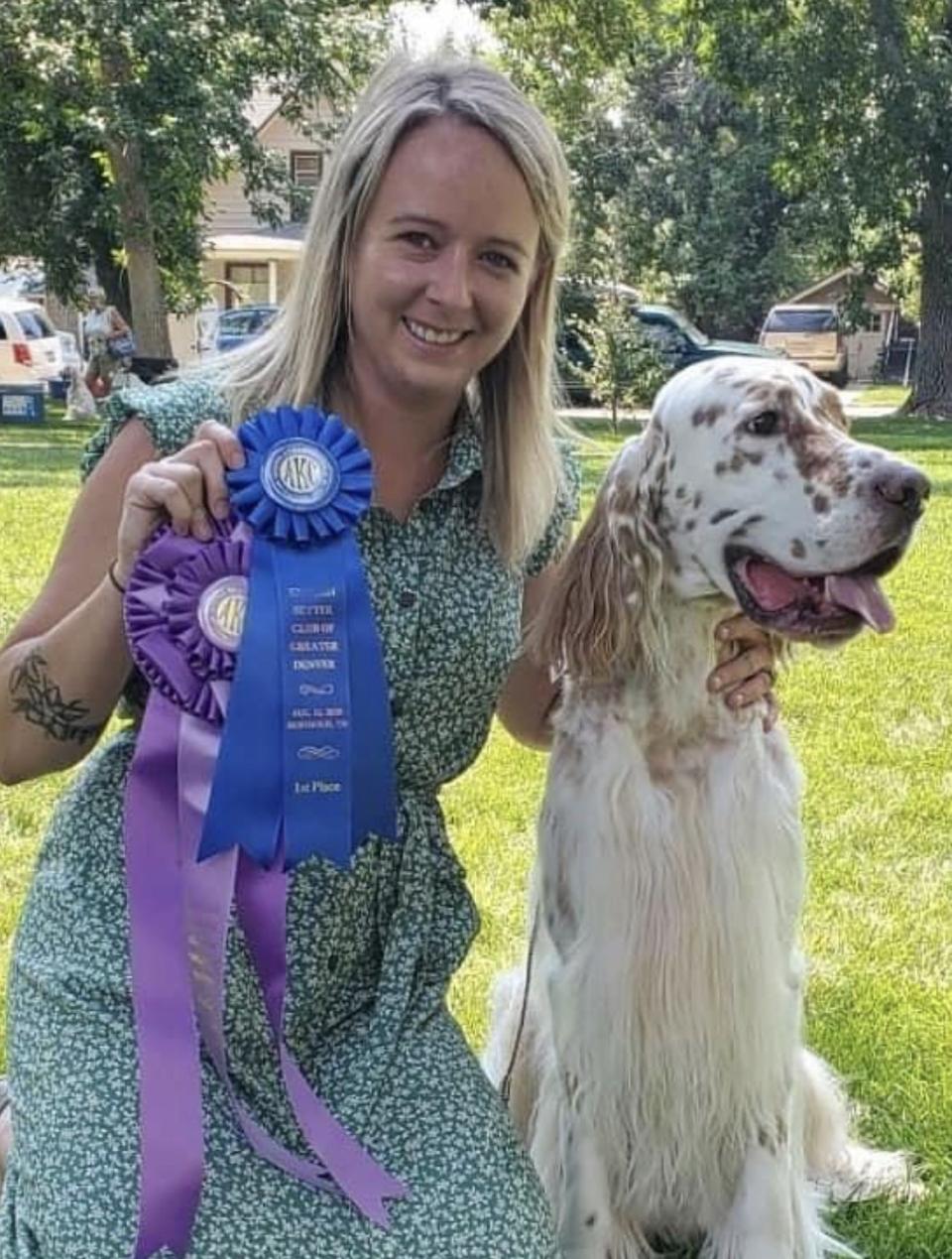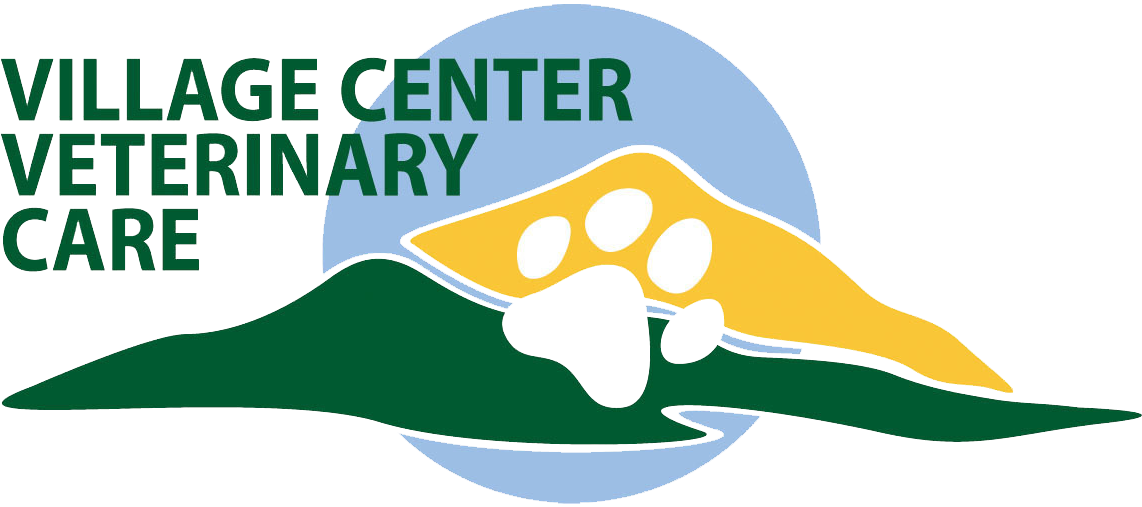
Dr. Shumack leads our reproductive services. She is a member of the Society for Theriogenology, and is working towards her board certification in Theriogenology. Dr Shumack is an award recipient of clinical proficiency in Theriogenology from Auburn University.
Our entire staff is familiar with the dedication and investment that breeders put into their animals. We are here to help you have success in your breeding program, whether you are a first-time breeder or have years of experience.
- Accidental Breeding Management
- Benign Prostatic Hyperplasia and Prostatitis Treatment
- Breeding Soundness Exam
- Brucellosis Screening
- Cesarean Sections
- Feline Reproduction
- Fresh Chilled Semen Shipping and Longevity Testing
- Genetic Screening Tests
- In-House Progesterone
- Inseminations
- Neonatal Care
- Medical Management of Pyometra
- High-Risk Pregnancy Management
- OFA Screenings
- PennHIP
- Post-Partum Disease Management
- Pregnancy Ultrasound and Puppy Count Xrays
- Semen Collection and Evaluation
- Semen Freezing and Storage

